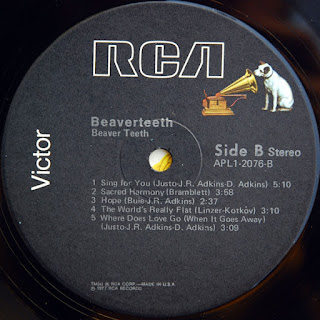Crosby & Nash “Wind On The Water” 1975 US Folk Rock Country Rock
full vk
https://vk.com/wall312142499_10608full spotify
https://open.spotify.com/album/21Ib9p6CPmysyoRG55DlgT
































































